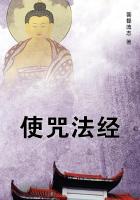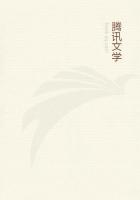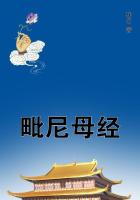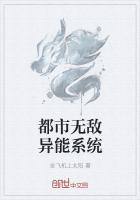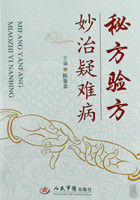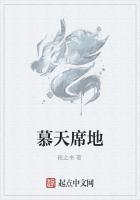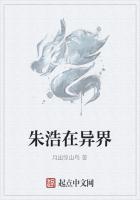When peace came in 1783 there were in the United States approximately three million people, who were spread over the whole Atlantic coast from Maine to Georgia and back into the interior as far as the Alleghany Mountains; and a relatively small number of settlers had crossed the mountain barrier. About twenty per cent of the population, or some six hundred thousand, were negro slaves. There was also a large alien element of foreign birth or descent, poor when they arrived in America, and, although they had been able to raise themselves to a position of comparative comfort, life among them was still crude and rough.
Many of the people were poorly educated and lacking in cultivation and refinement and in a knowledge of the usages of good society. Not only were they looked down upon by other nations of the world; there was within the United States itself a relatively small upper class inclined to regard the mass of the people as of an inferior order.
Thus, while forces were at work favorable to democracy, the gentry remained in control of affairs after the Revolution, although their numbers were reduced by the emigration of the Loyalists and their power was lessened. The explanation of this aristocratic control may be found in the fact that the generation of the Revolution had been accustomed to monarchy and to an upper class and that the people were wont to take their ideas and to accept suggestions from their betters without question or murmur.
This deferential attitude is attested by the indifference of citizens to the right of voting. In our own day, before the great extension of woman suffrage, the number of persons voting approximated twenty per cent of the population, but after the Revolution less than five per cent of the white population voted.
There were many limitations upon the exercise of the suffrage, but the small number of voters was only partially due to these restrictions, for in later years, without any radical change in suffrage qualifications, the proportion of citizens who voted steadily increased.
The fact is that many of the people did not care to vote. Why should they, when they were only registering the will or the wishes of their superiors? But among the relatively small number who constituted the governing class there was a high standard of intelligence. Popular magazines were unheard of and newspapers were infrequent, so that men depended largely upon correspondence and personal intercourse for the interchange of ideas. There was time, however, for careful reading of the few available books; there was time for thought, for writing, for discussion, and for social intercourse. It hardly seems too much to say, therefore, that there was seldom, if ever, a people-certainly never a people scattered over so wide a territory-who knew so much about government as did this controlling element of the people of the United States.
The practical character, as well as the political genius, of the Americans was never shown to better advantage than at the outbreak of the Revolution, when the quarrel with the mother country was manifesting itself in the conflict between the Governors, and other appointed agents of the Crown, and the popularly elected houses of the colonial legislatures. When the Crown resorted to dissolving the legislatures, the revolting colonists kept up and observed the forms of government. When the legislature was prevented from meeting, the members would come together and call themselves a congress or a convention, and, instead of adopting laws or orders, would issue what were really nothing more than recommendations, but which they expected would be obeyed by their supporters. To enforce these recommendations extra-legal committees, generally backed by public opinion and sometimes concretely supported by an organized "mob," would meet in towns and counties and would be often effectively centralized where the opponents of the British policy were in control.

